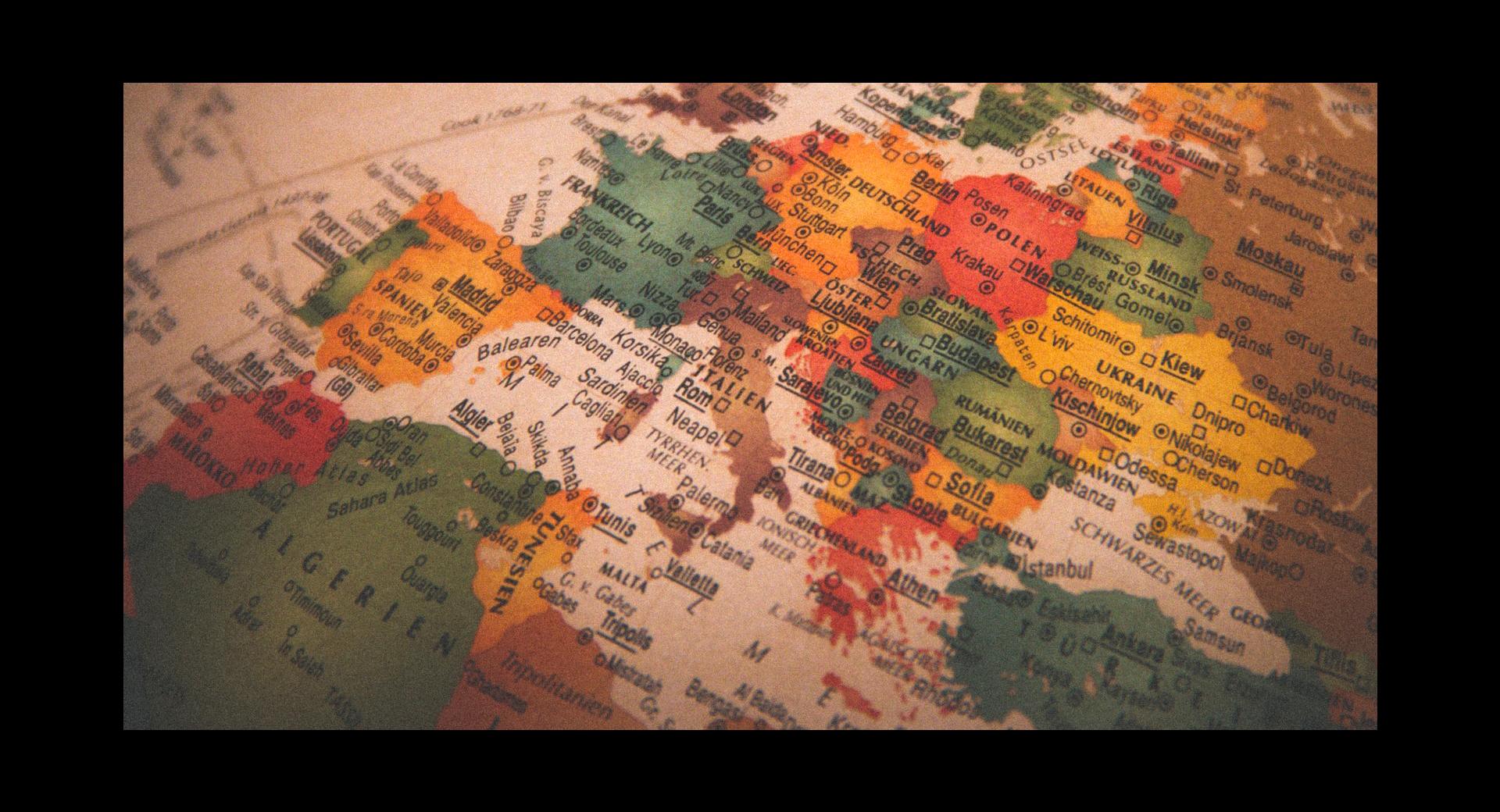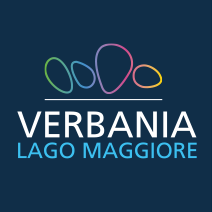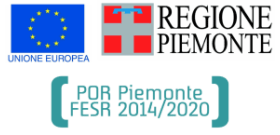
Useful Information
Useful information and advice for organising your trip to Verbania
REGULATIONS FOR VISITORS ARRIVING FROM ABROAD
Travellers from all EU and non-EU countries are permitted to enter Italy.
EU citizens and citizens from the Schengen area just need to present a valid identity card or passport.
Non-EU citizens can enter Italy with a passport valid for at least three months after the date scheduled for their intended departure from the Schengen area.
Depending on your country of origin, a visa may be required to enter Italy. To find out if you need to request it, please visit esteri.it.
Customs: there are specific limits that vary from country to country for the introduction into Italian territory of certain goods, for example: food produce, alcohol and tobacco derivatives, cultural assets and pharmaceutical products. All information can be found on the institutional website.
CLIMATE
Verbania benefits from a temperate continental climate, with cold winters and hot summers, but the presence of Lake Maggiore makes winters milder than the rest of the Piedmont region in which it is located.
The lake also favours rainfall and a more humid climate which nurtures the luxuriant blooms characteristic of this area. For this reason, the colours of nature in the numerous gardens and parks of the city, especially between spring and early summer, and the shades of autumn are absolutely not to be missed.
TIME ZONE
Italy has only one time zone. Central European Time (CET) is used as standard time.
From the beginning of autumn to the end of winter, standard time is implemented, corresponding to the UTC+1 time zone, one hour ahead of Greenwich Mean Time.
At the beginning of spring, Italy enters Daylight Saving Time when the clocks move forward by one hour (UTC+2 time zone) in order to benefit from lighter late afternoons and evenings.
LOCAL CUSTOMS
In Italy, breakfast normally starts from around 7:00, but bars and pastry shops usually open as early as 6:00. In hotels there is normally an allocated time (generally 10:00) when the breakfast service ends.
Lunch in restaurants, farmhouses, cafeterias or bars is generally served from 12:30 to 14:30. For special anniversaries, occasions or events, the start and duration of lunch can vary without any time limit.
Aperitivo time is approximately from 18:00 until dinner.
Dinner is normally served from 19:30 until 23:00, but some establishments also offer dinner at later times.
CURRENCY AND PAYMENTS
The currency used in Italy is the Euro.
For the daily exchange rates, please visit https://tassidicambio.bancaditalia.it/.
Inside, or outside, most banks you can find ATMs for automatic cash withdrawal with a Debit or Credit Card. ATMs typically operate 24/7.
In addition to cash, it is now customary to pay for purchases using most of the major credit cards in many Italian commercial activities who usually display the symbols of the accepted circuits at the entrance.
Tax free (only for non-EU citizens)
If you arrive from a non-European country (or in any case outside the Schengen area) you can obtain a direct tax cut or a subsequent reimbursement of the VAT applied to goods that you have purchased in Italy.
This benefit can be granted on condition that:
- the value of the goods purchased, for each invoice, is higher than 154.94 euros
- the goods are intended for personal or family use and are transported in your personal luggage
- the invoice clearly indicates the description of the goods, the personal data of the individual traveller, and the details of the passport (or another equivalent document) proving that the traveller is resident or domiciled outside the EU
- the goods exit the EU territory within the third month following the invoice’s date of issue and the claim is validated by the customs office
- the validated invoice is returned to the Italian seller within four months following the month of purchase.
PUBLIC HOLIDAYS
12 national holidays are observed in Italy, in which most establishments, public and private offices close. Some museums and cultural sites also close to coincide with certain holidays: please inquire before planning a visit. Bars, pastry shops, ice cream parlours and restaurants usually remain open.
These are the public holiday dates:
- January 1st - New Year
- January 6th - Epiphany
- Easter (date varies from year to year)
- Easter Monday (the day after Easter)
- April 25th - Anniversary of the Liberation
- May 1st - Labour Day
- June 2nd - Italian Republic Day
- August 15th - Assumption of the Virgin Mary (Ferragosto)
- November 1st - Feast of All Saints
- December 8th - Immaculate Conception
- December 25th - Christmas Day
- December 26th - Boxing Day
Plus the feast of the Patron Saint of Verbania, San Vittore, on May 8th.
CONSUMPTION AND SALE OF ALCOHOL
The public consumption of alcohol in Italy is prohibited for minors under 16; managers of bars and clubs are authorized to ask for I.D. before serving young clients.
Consumption of alcohol outdoors is permitted but, in some cases, the civic authorities can issue regulations that prohibit drinking on the streets in the evenings. For further info on any restrictions please contact your accommodation provider or the local police.
TIPPING
Tips are not compulsory and there are no set rules in Italy: it is customary to leave approximately 10% of the bill when the customer is satisfied with the service received.
ELECTRICITY
The standard voltage in Italy is 230 V and the frequency is 50 Hz. All electrical sockets comply with European legislation. If your appliances are from non-EU countries, you will need to use adapters.
EMERGENCY NUMBERS
The emergency number in Italy is 112. This is a free number which must be dialled without any area code: the operator will put you in touch with the appropriate authority or service.
HEALTH CARE AND PHARMACIES
Italy guarantees medical assistance to anyone who urgently needs it and who seeks medical attention at a public hospital or similar facilities in the area (emergency room, polyclinic, emergency doctor). In these cases the service is free.
However, it is strongly advised to take out travel health insurance before your departure as a guarantee for any accidents and illnesses not covered by the National Health Service.
Pharmacies
Pharmacies adhere to shop opening hours. During public holidays (on Sundays for example) or for night-time emergencies, the pharmacies are open on a shift system: a calendar (displayed outside each shop, even when closed) indicates the closest one open.


